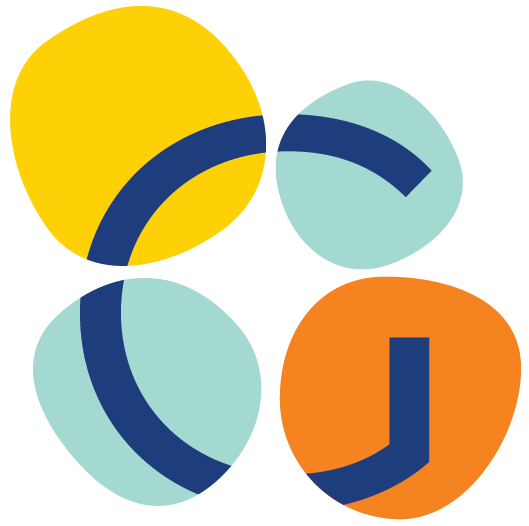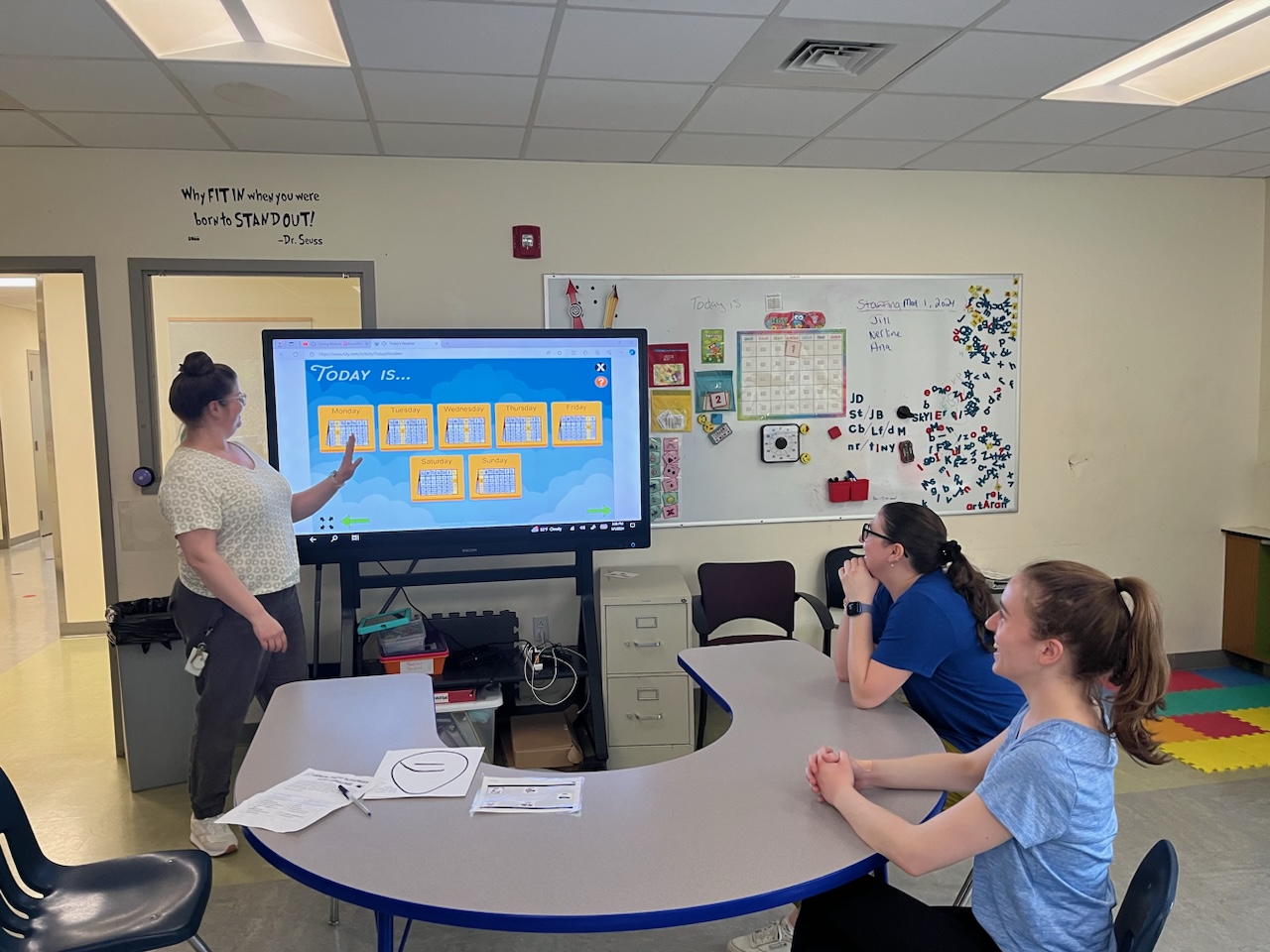Curriculum focuses on skill development
Guided by reinforcement-based teaching strategies, The Guild School’s educational curriculum focuses on skill development in the areas of communications, sensory integration, positive behavior support, socialization, pre-vocational/vocational, play and self-care.
The Guild School’s 90 students each has an Individualized Education Plan (IEP), a personalized learning plan that establishes specific goals and objectives based on an assessment of specific needs. Guild School educators regularly monitor progress and adjust the IEP to ensure that each student is progressing toward his or her highest level of achievement while being challenged, motivated and encouraged. The Guild School's Without Walls educators facilitate community-based experiences that build on each student's IEP goals.
Speech and language therapy, occupational therapy and pre-vocational/vocational services support are important components of the educational process and are delivered in individual, small group and classroom settings. Teachers, teaching assistants and therapists work together as a team to help each student achieve their IEP goals.
The Guild's use of schedules provides the structure and consistency that special learners need. Schedules are also used to support students in tolerating new events and coping with occasional changes in daily events.
-
Communications skills
- Emphasis is placed on both verbal and nonverbal communication skills.
- On-staff speech and language pathologists provide direct services to students as well as consultation to other staff members.
-
Sensory integration
- On-staff occupational therapists work directly with students and consult with other staff members to provide strategies for enhancing or managing students’ senses of touch, sight, sound, smell and taste.
- Two sensory rooms - one with a swing and mini trampoline, the other with low-level lighting, glow-in-the-dark stars and lava lamps - offer settings for students to engage their senses to promote emotional and behavioral regulation.
-
Applied Behavior Analysis (ABA) and positive behavior support
- On-staff Board Certified Behavior Analysts (BCBAs) oversee and approve each student’s behavior plan.
- BCBAs and behavior specialists provide direct services to students and consult with other staff members to replace and end maladaptive behaviors.
- Discrete Trial Training (DTT), a teaching technique based on ABA, may be part of a student’s educational plan for a portion of the day. DTT is supplemented with other teaching techniques.
-
Social skills
- On-staff mental health clinicians collaborate with on-staff speech and language pathologists to increase the types of social interactions students are able to initiate.
- Friendship groups and coping-skills groups provide opportunities to work with peers on improving social interactions.
Education management team
Engaged, active, cared for
"When he's here, we know that he's engaged, that they're doing activities, that they care about him, that they're teaching him the things that we know he needs to learn and we don't have to worry about him. We know he's in a good place." – Julie McKinney, Guild School parent



